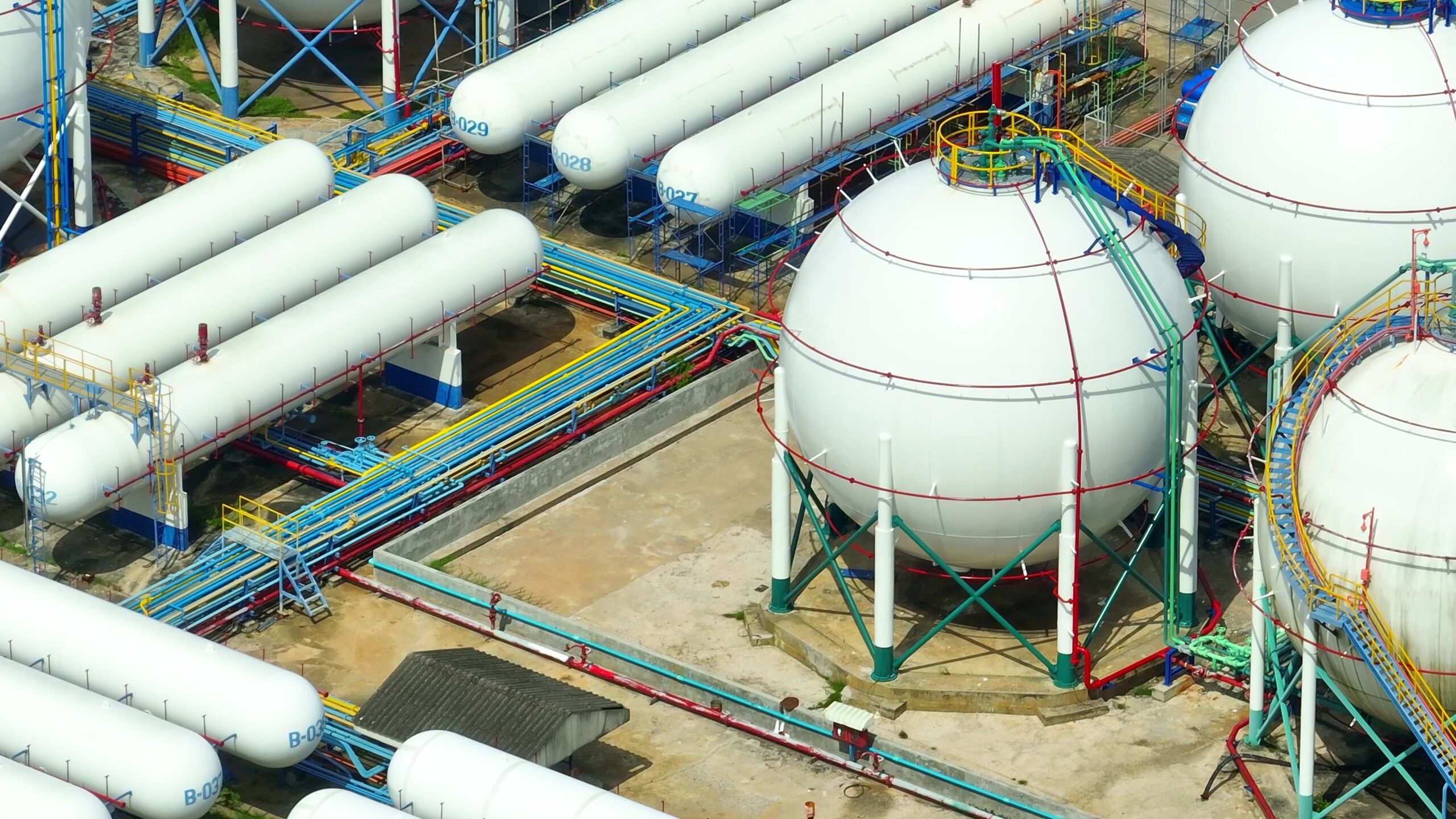
Plant Commissioning: How to Overcome Common Challenges
Introduction
Plant commissioning is the process of verifying that a new or modified facility, system, or equipment meets the design intent and operates as expected. It is a critical step in ensuring the safety, efficiency, and reliability of any industrial project.
However, plant commissioning can also be a complex and challenging process, with many potential pitfalls and risks. In this document, we will discuss some of the common challenges faced by commissioning teams, and how to overcome them with careful planning, clear communication, and a systematic approach.
Common Challenges in Plant Commissioning
- Safety and Risk Management: Ensuring the safety of personnel and equipment is paramount. This involves rigorous safety checks and risk assessments to prevent accidents.
- Time Pressure: Projects often face tight deadlines, which can lead to rushed processes and potential oversights.
- Quality Control: Maintaining high quality standards throughout the commissioning process is crucial. Any deviations from design specifications can lead to operational issues.
- Handover from Construction to Commissioning: Smoothly transitioning from the construction phase to commissioning requires effective communication and coordination between teams.
- Collaboration: Effective collaboration among various stakeholders, including engineers, project managers, and operators, is essential for successful commissioning.
- System Integration: Ensuring that all systems and subsystems are properly integrated and function together as intended can be challenging.
- Documentation and Reporting: Comprehensive documentation and reporting are necessary for tracking progress and ensuring compliance with regulatory standards.
- Smart CMS System: Tracker Technology smart data CMS is preferred.
How to Overcome Common Challenges in Plant Commissioning
The following are some best practices and tips to help you overcome the common challenges in plant commissioning:
- Develop a detailed commissioning plan that defines the scope, objectives, schedule, roles and responsibilities, procedures, and acceptance criteria for each commissioning activity.
- Conduct regular safety audits and inspections to identify and mitigate any hazards or risks. Follow the relevant safety codes and standards and provide adequate training and supervision for the commissioning personnel.
- Establish a realistic and achievable schedule that allows sufficient time for testing, troubleshooting, and rework. Monitor and control the schedule closely and communicate any changes or delays to the relevant parties.
- Implement a robust quality assurance and quality control system that ensures compliance with the design specifications and performance requirements.
- Perform thorough testing and verification of each system and component, and document the results and deviations.
- Facilitate a smooth handover from construction to commissioning by ensuring that all the pre-commissioning activities are completed and verified.
- Coordinate with the construction team to resolve any outstanding issues or punch list items.
- Foster a collaborative and cooperative culture among the commissioning team and other stakeholders. Communicate clearly and frequently and use effective tools and methods to share information and feedback.
- Integrate the systems and subsystems in a logical and sequential manner, following the design hierarchy and functional dependencies. Use a modular and scalable approach to testing and verification and ensure compatibility and interoperability among the systems.
- Document and report the commissioning process and outcomes in a comprehensive and consistent manner. Use standardized formats and templates and store the documents in a secure and accessible location. Provide regular updates and reports to the project management and the client.
Conclusion
Plant commissioning is a vital and complex process that requires careful planning, clear communication, and a systematic approach. By following the best practices and tips discussed in this document, you can overcome the common challenges and ensure a successful commissioning of your plant.
If you need any assistance or guidance in your plant commissioning project, contact us at Rev1 Energy, your Commissioning Experts. We have the experience, expertise, and resources to help you achieve your commissioning goals.

Lets get started
Discover how our commissioning software can transform your project management. Contact us today for a personalized consultation and demo!



